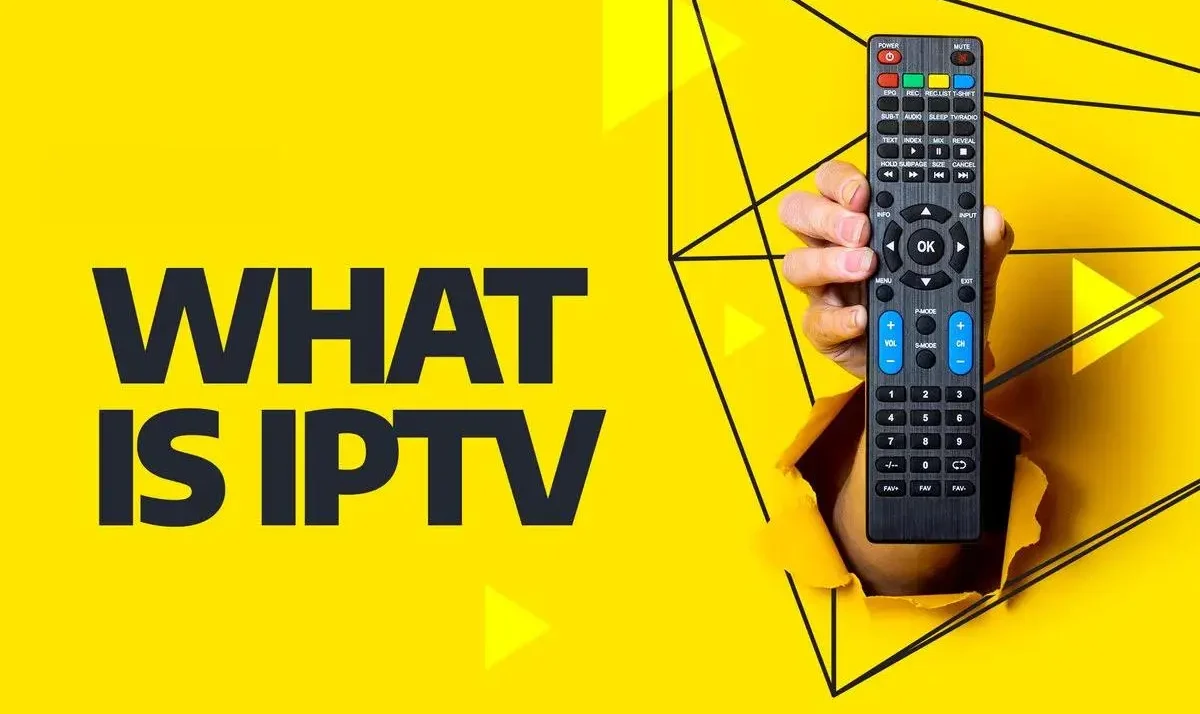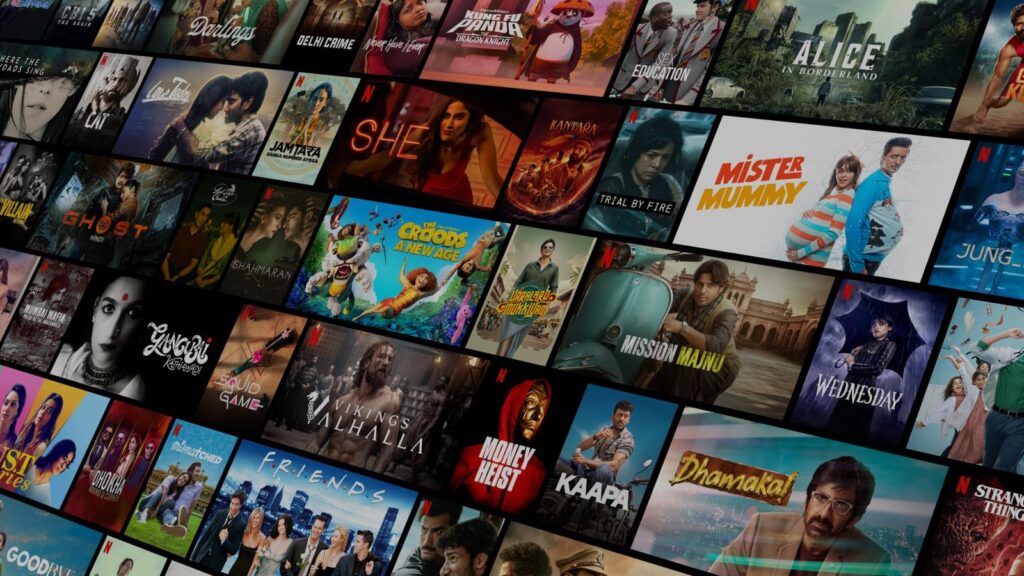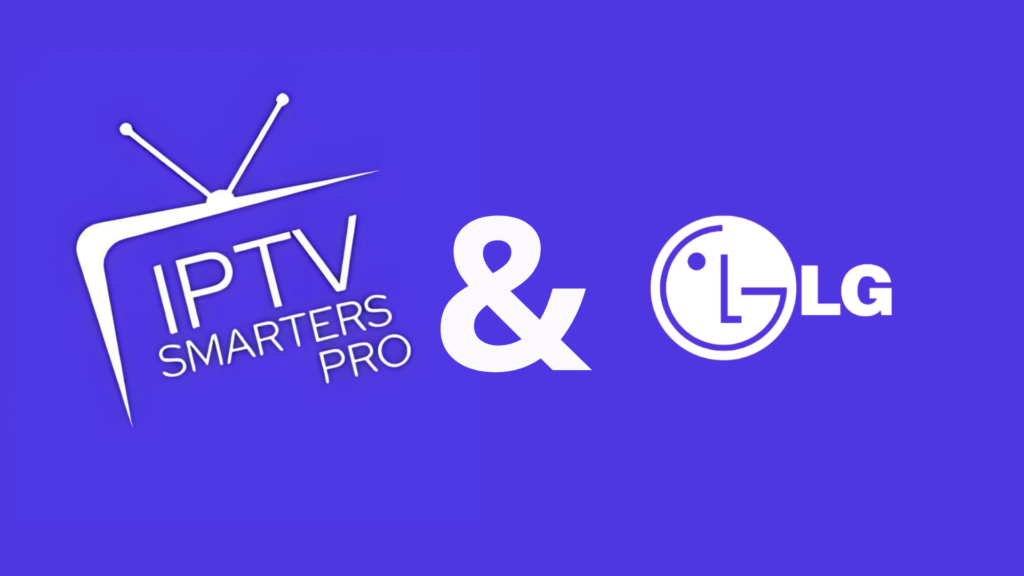What is IPTV? A Comprehensive Guide to Internet Protocol Television
Introduction
In today’s fast-paced digital world, the way we consume television content has evolved significantly. Traditional cable and satellite TV are no longer the only options for viewers seeking entertainment. Enter IPTV, or Internet Protocol Television, a revolutionary technology that has transformed the way we watch TV. But what exactly is IPTV, and how does it work? In this comprehensive guide, we’ll explore the ins and outs of IPTV, its benefits, and how it compares to traditional TV services.
Understanding IP TV
Sstands for Internet Protocol Television, a system that delivers television content over the internet rather than through traditional terrestrial, satellite, or cable formats. This technology allows users to stream media continuously, making it possible to watch live TV and on-demand content on various devices, including smartphones, tablets, smart TVs, and computers.
How Does it Work?
IPTV works by transmitting video and audio data over the internet using the Internet Protocol (IP). This data is divided into packets and sent to the user’s device, where it is reassembled and displayed as a seamless video stream. Unlike traditional TV, which broadcasts content to all viewers simultaneously, IPTV allows users to choose what they want to watch and when they want to watch it.
Types of IP TV Services
There are three main types of services:
Live tv: This service allows users to watch live television broadcasts in real-time. It’s similar to traditional TV but delivered over the internet. Examples include live sports events, news broadcasts, and TV shows.
Time-Shifted : Also known as catch-up TV, this service allows users to watch previously aired content at their convenience. It’s perfect for viewers who miss a live broadcast and want to catch up later.
Video on Demand (VOD): This service provides users with access to a vast library of movies, TV shows, and other video content that can be watched at any time. Popular platforms like Netflix and Amazon Prime Video are examples of VOD services.
Benefits of this service
It offers several advantages over traditional TV services, making it an attractive option for modern viewers. Here are some key benefits:
1. Flexibility and Convenience
One of the most significant advantages of IPTV is its flexibility. Users can watch their favorite content on various devices, including smartphones, tablets, and smart TVs. This convenience allows viewers to enjoy their favorite shows and movies anytime, anywhere.
2. Wide Range of Content
It provides access to a vast array of content, from live TV channels to on-demand movies and series. This extensive selection ensures that there’s something for everyone, catering to diverse tastes and preferences.
3. Cost-Effectiveness
Compared to traditional cable and satellite TV, IPTV services are often more affordable. Many providers offer customizable packages, allowing users to pay only for the channels and content they want to watch.
4. High-Quality Streaming
With advancements in internet technology, It offers high-quality streaming with minimal buffering and interruptions. Many IPTV services provide content in HD and even 4K resolution, ensuring a superior viewing experience.
5. Interactive Features
IPTV services often come with interactive features, such as the ability to pause, rewind, and fast-forward live TV. Some services also offer interactive program guides, making it easier for users to find and watch their favorite content.
IP TV vs. Traditional TV
While it offers numerous benefits, how does it compare to traditional TV services? Let’s take a closer look at some key differences:
Delivery Method
The most significant difference between IPTV and traditional TV is the delivery method. IPTV uses the internet to transmit content, while traditional TV relies on terrestrial, satellite, or cable signals.
Content Selection
IP TV provides a more extensive selection of content, including live TV, time-shifted content, and VOD. Traditional TV is limited to scheduled programming and lacks the flexibility of on-demand viewing.
Cost
IP TV services are often more cost-effective than traditional TV, with customizable packages that allow users to pay only for the content they want. Traditional TV services typically require users to subscribe to large bundles of channels, many of which they may not watch.
Viewing Experience
IP TV offers a more interactive and personalized viewing experience, with features like pause, rewind, and fast-forward. Traditional TV lacks these interactive features, making it less convenient for modern viewers.
Choosing the Right Provider
With so many providers available, choosing the right service can be overwhelming. Here are some factors to consider when selecting an IPTV provider:
Content Selection
Ensure that the service provider offers a wide range of content, including live TV channels, time-shifted content, and VOD. Look for providers that offer content in various languages and genres to cater to your preferences.
Device Compatibility
Check if the service is compatible with the devices you use, such as smartphones, tablets, smart TVs, and computers. Some providers offer dedicated apps for different devices, making it easier to access content.
Streaming Quality
Look for service providers that offer high-quality streaming with minimal buffering and interruptions. Providers that offer content in HD and 4K resolution are ideal for a superior viewing experience.
Customer Support
Choose an IPTV provider with reliable customer support to assist you with any issues or questions. Look for providers that offer multiple support channels, such as live chat, email, and phone support.
Pricing and Packages
Compare the pricing and packages offered by different IPTV providers. Look for providers that offer customizable packages, allowing you to pay only for the content you want to watch.
Here you can find 3 IPTV providers with a decent service and a good price
Softvintech.com : The best IPTV service in USA, they offer a wide channels selection and you can get yours first month for only 5.99$.
Canastream.ca : The best IPTV service in CANADA they offer a decent service with a good customer support and their starting price is 2.99$.
LiveTVprovider.com : Discover the Best IPTV Provider, you can Access Over 10,000 International Channels at an Affordable Price, with Subscriptions Starting at Just $11.99!
Legal Considerations
While it offers numerous benefits, it’s essential to be aware of the legal considerations associated with this technology. Not all IPTV services are legal, and using unauthorized services can lead to legal consequences. Here are some tips to ensure you’re using the right services:
1. Choose Reputable Providers
Select IPTV providers that are well-known and reputable in the industry. Research the provider’s background and read reviews from other users to ensure they offer legitimate services.
2. Check for Licensing
Ensure that the provider has the necessary licenses to offer the content they provide. Legitimate providers will have agreements with content creators and broadcasters to distribute their content legally.
3. Avoid Free IPTV Services
Be cautious of free IPTV services, as they are often illegal and may expose you to legal risks. Legitimate services typically require a subscription fee to access content.
4. Use a VPN
Consider using a Virtual Private Network (VPN) when accessing the services to protect your privacy and security. A VPN can help mask your IP address and encrypt your internet connection, reducing the risk of unauthorized access.
Future of IP TV
As technology continues to advance, the future of IPTV looks promising. Here are some trends and developments to watch for in the IPTV industry:
1. Increased Adoption of 5G
The rollout of 5G technology is expected to enhance the streaming quality and speed of IPTV services. With faster internet speeds, users can enjoy seamless streaming of high-quality content without buffering.
2. Integration with Smart Home Devices
IPTV services are likely to become more integrated with smart home devices, allowing users to control their TV viewing experience using voice commands and smart assistants.
3. Enhanced Personalization
As AI and machine learning technologies advance, IPTV services are expected to offer more personalized content recommendations based on users’ viewing habits and preferences.
4. Expansion of Content Libraries
IPTV providers are likely to expand their content libraries, offering users access to a broader range of international content and niche genres.
Conclusion
IPTV is a game-changing technology that has revolutionized the way we consume television content. With its flexibility, wide range of content, and cost-effectiveness,It offers a superior viewing experience compared to traditional TV services. As the industry continues to evolve, It is poised to become an integral part of our entertainment landscape.
FAQ
1. What is IPTV?
stands for Internet Protocol Television, a system that delivers television content over the internet rather than through traditional terrestrial, satellite, or cable formats.
2. How does it work?
IPTV works by transmitting video and audio data over the internet using the Internet Protocol (IP). This data is divided into packets and sent to the user’s device, where it is reassembled and displayed as a seamless video stream.
3. What are the types of the services?
There are three main types of IP TV services: Live tv, Time-Shifted tv, and Video on Demand (VOD).
4. Is it legal?
Not all IP TV services are legal. It’s essential to choose reputable providers with the necessary licenses to offer the content they provide.
5. What is the future of IP TV?
The future of IP TV looks promising, with trends such as increased adoption of 5G, integration with smart home devices, enhanced personalization, and expansion of content libraries.
- All Posts
- Blog








